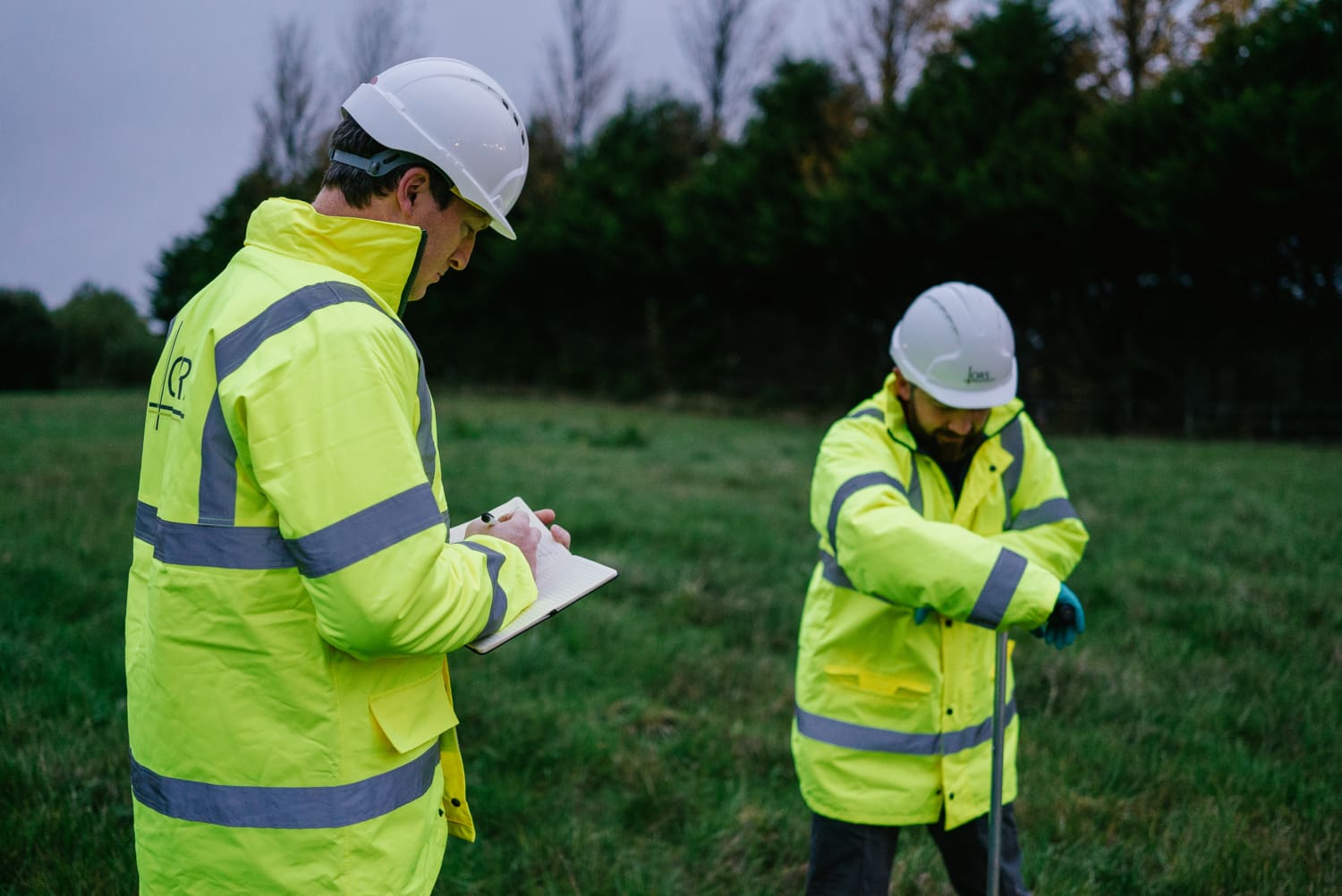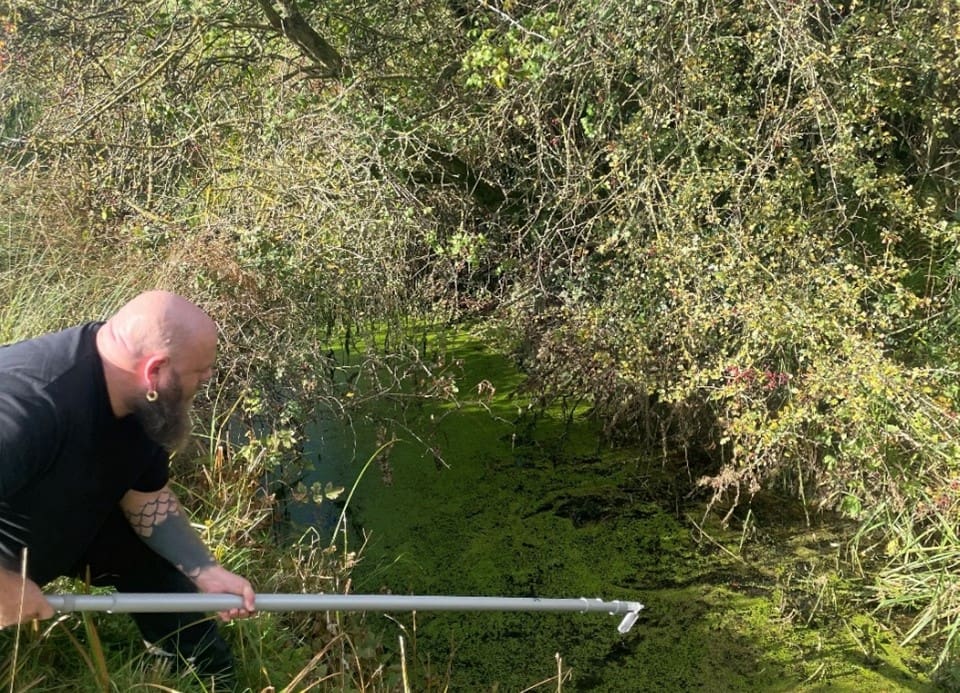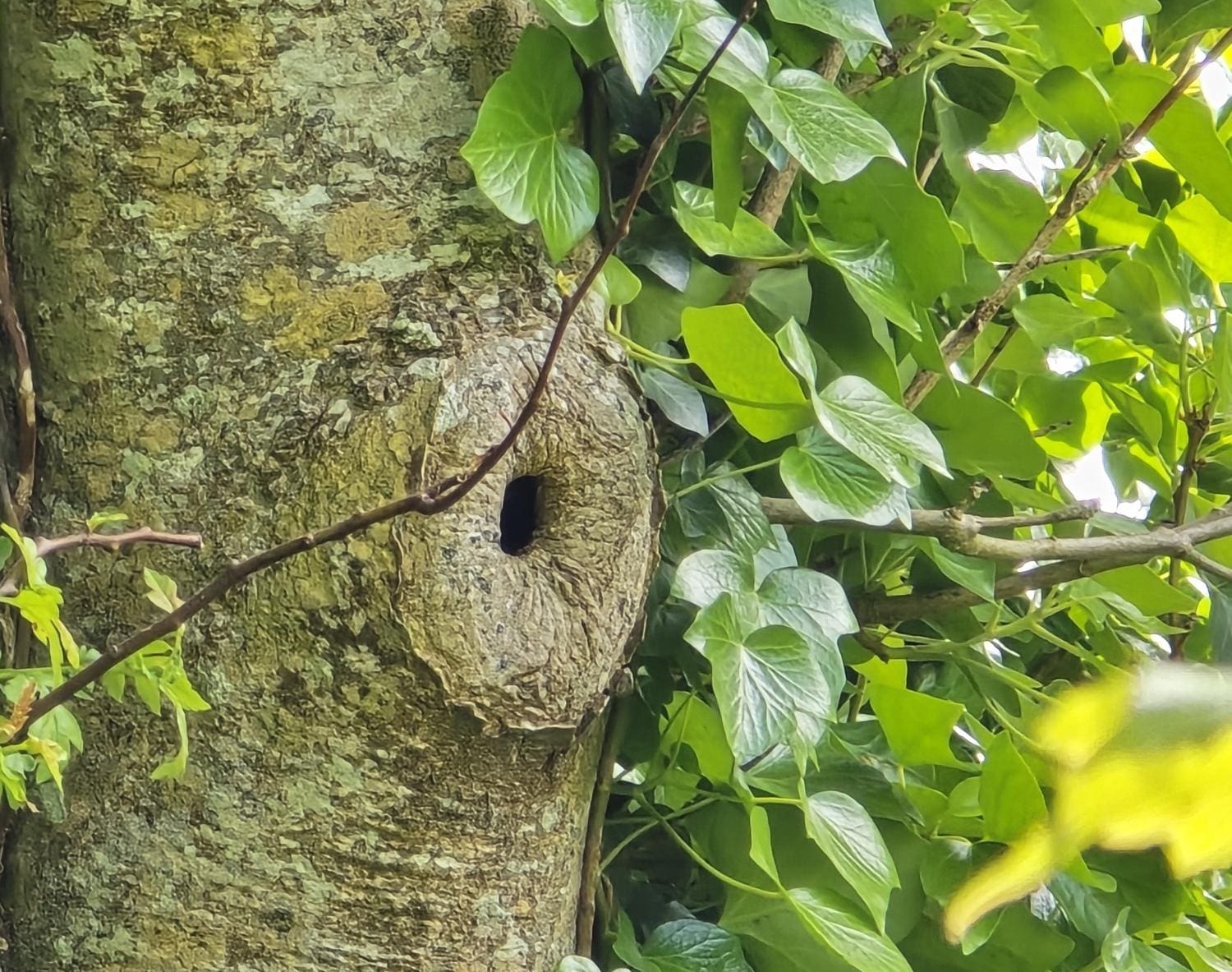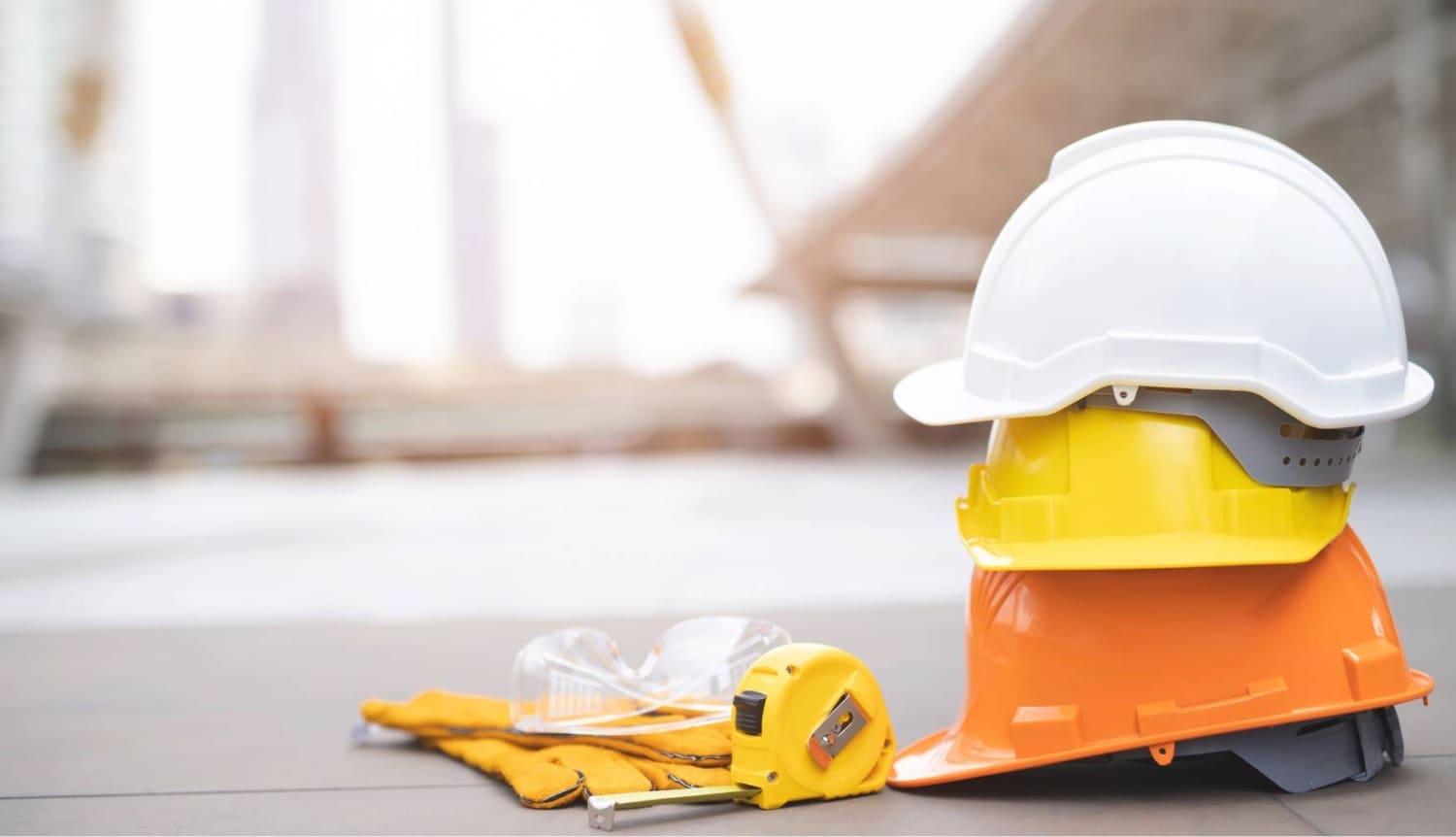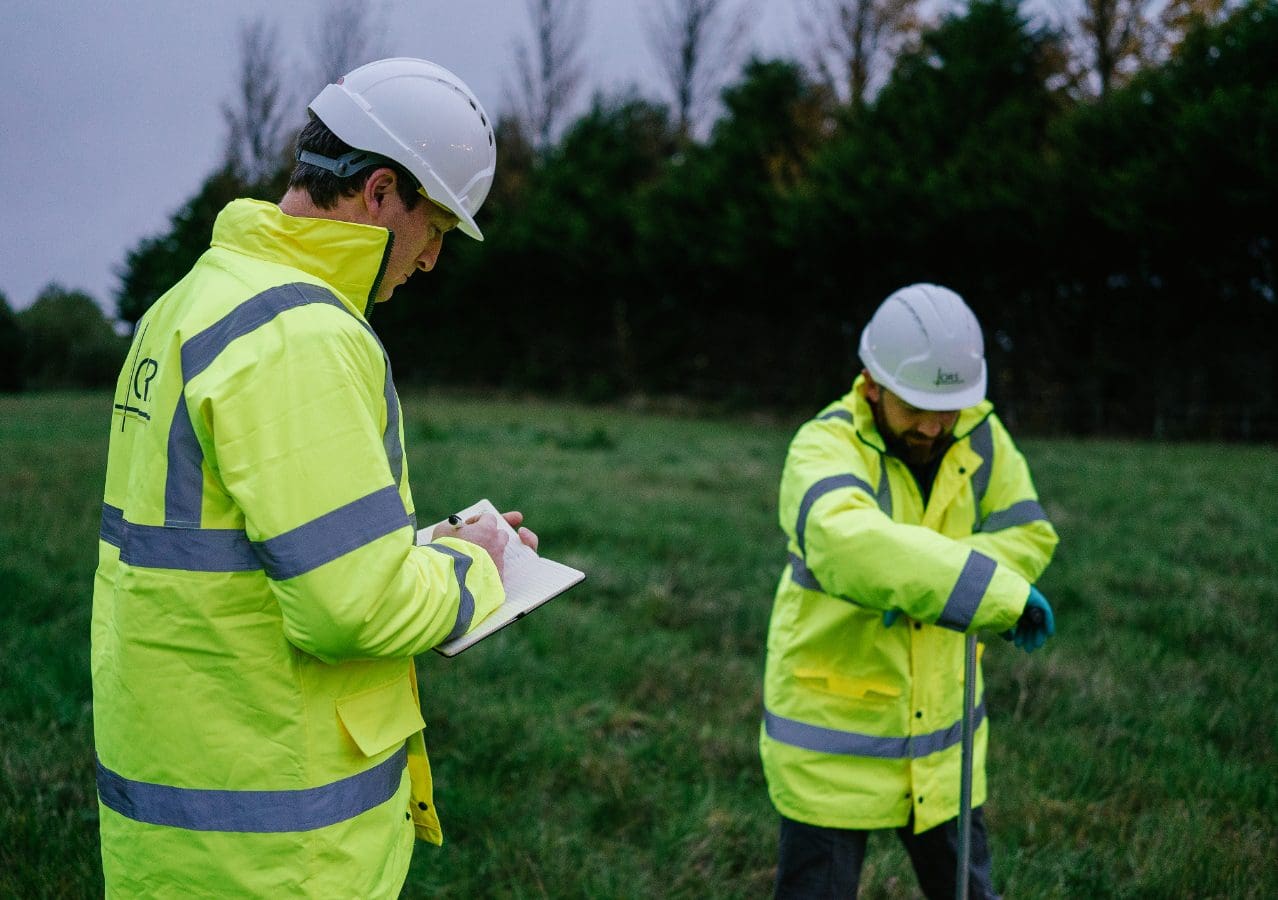World Energy Day has been celebrated internationally on February 14th since 1949. It is a day with the purpose of raising awareness for the importance of promoting renewable energy in a world which is dominated by the use of harmful fossil fuels for energy. It promotes the transition from traditional fossil fuels to renewable energy
Read More
The approval of a project goes far beyond architectural drawings and visual designs. Environmental considerations are one of the most critical factors assessed by planning authorities in Ireland. Engaging environmental consultants early in the planning process is essential. It not only demonstrates a genuine commitment to environmental protection but also helps save time and reduce project costs. By being part of the design team from
Read More
What is a Preliminary Ecological Appraisal? A Preliminary Ecological Appraisal (PEA) is defined by the Chartered Institute of Ecology and Environmental Management (CIEEM) as a rapid assessment of the ecological features present, or potentially present, within a site and its surrounding area, in relation to a specific project or proposed development. While a site may
Read More
Bat Roost Surveys: Protecting Wildlife, Guiding Development The ORS Ecology Team carry out Preliminary Bat Roost Assessments (PBRAs) across Ireland to help ensure that proposed developments protect native bat species and comply fully with Irish and EU legislation. All nine resident bat species in Ireland are protected under the Wildlife Acts 1976–2018 and the EU
Read More
The ORS Multidisciplinary Engineering Services Approach to Residential Developments Delivering residential developments in Ireland presents a range of complex challenges for residential developers. These challenges are driven by a combination of regulatory, financial and infrastructural factors. Strict planning regulations and lengthy approval processes can significantly delay project timelines, while evolving environmental and sustainability standards add
Read More
Best Practices for Environmental Risk Assessment in Ireland Learn the key steps for effective environmental risk assessment of contaminated land in Ireland. Ensure compliance and sustainability with ORS expert insights. What does a contaminated site look like? In Ireland, as in many countries, contaminated land can often be traced to a legacy of industrial, agricultural,
Read More
Closure Restoration and Aftercare Management Plans (CRAMPs) are vital in determining and addressing environmental liabilities associated with the closure and decommissioning of facilities. These plans provide a comprehensive framework for costed mitigation and monitoring measures post closure, ensuring responsible environmental management. In this blog post, we will explore the key components of CRAMPs and shed
Read More
What is an Environmental Impact Assessment Report (EIAR)? Environmental Impact Assessment (EIA) is a process of assessment of the effects of a proposed development on the environment, which helps to ensure that the environmental consequences of the project are understood before a decision to grant planning permission is reached. In Ireland, the formal EIA process
Read More
A Flood Risk Assessment (FRA) varies in complexity and scale. Stages 1 and 2 FRAs are desktop based and identify whether there may be flooding, and qualitatively assess and review the flood risk. Stage 3, however, involves more detailed and uncontrollable variables. It is a detailed quantitative assessment of potential flood events and involves site
Read More


